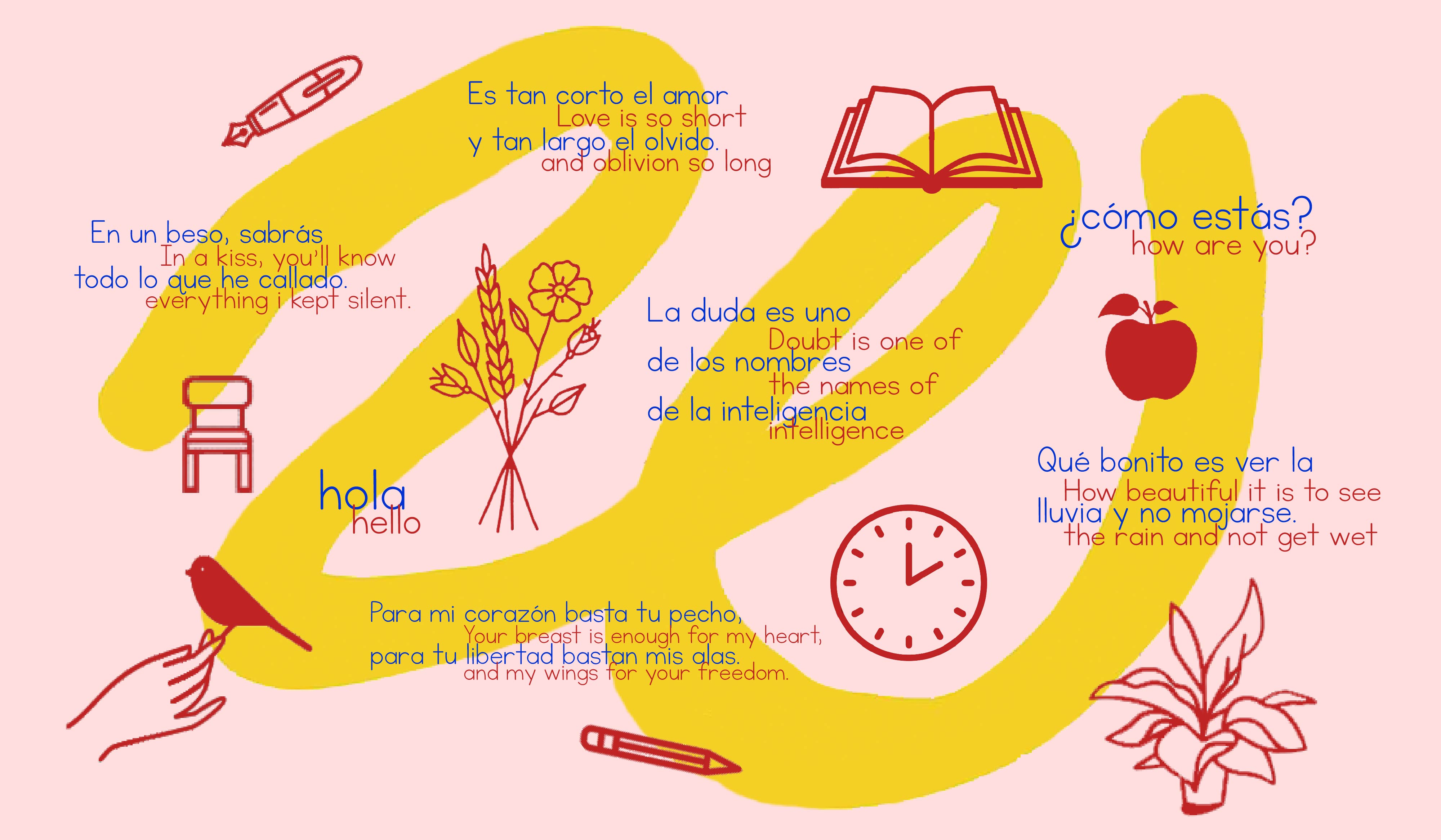EDUCATION
BRISTOL TRANSLATES
It’s that time of year again – applications are now open for the 2025 Bristol Translates Summer School!
Bristol Translates participants will have the opportunity to engage in translation workshops from a variety of languages into English, as well as a few for those working out of English. This year’s session will also include a brand-new set of workshops for translators working out of Urdu and Swedish. Another new offering this year includes the option to attend the school’s professional development sessions, even if you aren’t attending the language workshops themselves. The Summer School is aimed at translators of every level, as well as those who are simply passionate about literary translation.
Comma Press will also be presenting their 2025 Emerging Translator Award. The award is open to Bristol Translates participants working on Chinese, Urdu, and Japanese. The winning translator will be considered for publication in a future Comma Press anthology.
The sessions will take place from July 7th-11th, 2025. You can find more information on how to apply to both the workshops and the professional sessions on the Bristol Translates website. The application closes May 7th.
BCLT RESEARCH SEMINAR: PARATEXTS AS POLITICAL PRACTICE IN THE REVOLUTIONARY ERA
Europe’s tides of revolution in the 18th and 19th century gave birth to new, radical translation practices—translators sought to integrate ideas of equality and freedom into new contexts within the fast-paced world of revolution, and reimagined the relationship between source and target cultures in the fight for universal rights. What emerged from these new ideas was an image of translators as agents of political and social change who actively worked to change the shape of history.
At this research seminar hosted by the British Centre of Literary Translation, Rosa Mucignat, a Reader in Comparative Literature at King’s College London and co-editor of Comparative Critical Studies, will present her research on radical translators. She is the author of Realism and Space in the Novel, 1795-1869: Imagined Geographies and co-editor of Landscapes of Realism: Rethinking Literary Realism in Comparative Perspectives. Her work on the project ‘Radical Translations: The Transfer of Revolutionary Culture Between Britain, France and Italy, 1789-1815’ led to a co-edited special issue of the journal History of European Ideas. The co-edited volume Radical Voices and Revolutionary Discourses of Translation is forthcoming from Routledge.
The seminar will take place Wednesday, April 30th at 4p.m. BST, and can be attended in-person or online. Register here.







